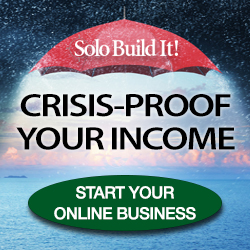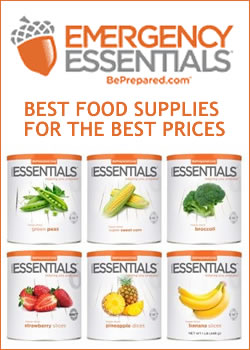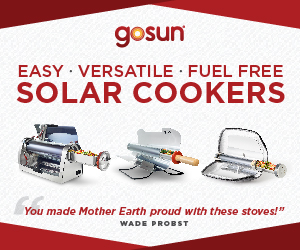- HOME
- Preparing for Disasters
- When There Is No Doctor
When There Is No Doctor
Book Review
What do we do when there is no doctor? We cannot know when or if some crisis will make it impossible to get the medical care that we have become accustomed to. What if an earthquake or hurricane, or whatever, makes this a reality — or more accurately — a nightmare.
I'm sure you have witnessed scenes on TV of starving people in 3rd world countries and homeless and injured people after hurricanes Katrina and Sandy.
A common thread to all of these (although not the only one) is the lack of electricity as well as medical assistance.
Invest in emergency food storage now and enjoy peace of mind for the next 25 years. Don't miss out on the savings!
Dependence on Oil
Can you think of any sector in society that is more dependent on oil than the health care industry?
Oil is used to light the hospitals, make plastic instruments and supplies, move supplies and patients, make medicines, and control temperatures in critical areas.
Health care is extremely dependent on technology which is dependent on oil.
Grid Crash
A government financial/economic crash is only one of any number of catastrophes that could cause "grid-crash", but you can see what can happen to the infrastructure and the medical availability if that were to happen in any country.
Throughout this website, we have been learning about the importance of storing food, water and survival supplies — just in case. Learning what to do when there is no doctor is just as important — if not more so. Yes, we have our first aid kits, but are they enough if there's a REAL disaster?
Survival of the Fittest
Functional fitness means exactly what it says: fitness that allows you to perform functions, not just run 5 miles on the treadmill or push the elliptical rainier back and forth. Can you hoe the garden, pull the weeds, hike with a backpack to find water, carry the water back home, split wood, swing a sledge hammer? Diversifying activities uses all the muscle groups, which we will need in a crisis.
Practice Healthy Habits BEFORE Grid-Crash
Do you enjoy an occasional drink, or maybe smoke a few cigarettes, or are hooked on coffee (I am!). What will happen if you can't get any of those items? Have you ever suffered with a caffeine withdrawal headache? Find out now if you can endure the withdrawals — not when a crisis has begun and you're stressed. Remember that we are what we put into our bodies — what we do to ourselves.
What about your diet?
There are many, many books and websites out there about this or that diet. No matter what your viewpoint on any diet, find one that works for you that will supply your nutritional needs. Food can be medicinal as can herbs. Learn about how they affect your personal health. Be sure to plan your food storage around the diets that work for your family. No use storing what doesn't work.
Basic Rescue and First Aid Skills
- What are your goals for being medically prepared?
- Are you satisfied with basic first aid?
This list will give you a good start on your first aid education:
1. Airway control
2. Mouth-to mouth rescue breathing
3. External bleeding control by compression
4.Recovery position
5. Shock position
6. Rescue pull
Credentials vs. Competencies
Are you interested in becoming more competent? Then there is the route of becoming credentialed (which would add initials to your name: MD, PA, RN, etc.).
Each of us has different levels of competencies; each according to our desire to learn. Just be sure your competencies don't outpace your credentials. Practicing medicine without a license could mean trouble.
This book by Gerard S. Doyle, M.D. will not teach you how to do emergency surgery in a tent during a crisis, but it does give you the resources to learn that if you so desire.
Maybe you would like to know more about providing care beyond simple first aid, or how to make lifestyle changes to improve your health in preparation for any crisis. It's important to learn how to sustain health so that, should a crisis occur, you and your family will have mastered the skills that will help you through the rough times relatively unscathed.
I highly recommend adding When There Is No Doctor to your collection of extremely important emergency resource books.
First Aid Kits and Medical Education:
What do you think?
I’d love to hear what you have to say in the comments.















